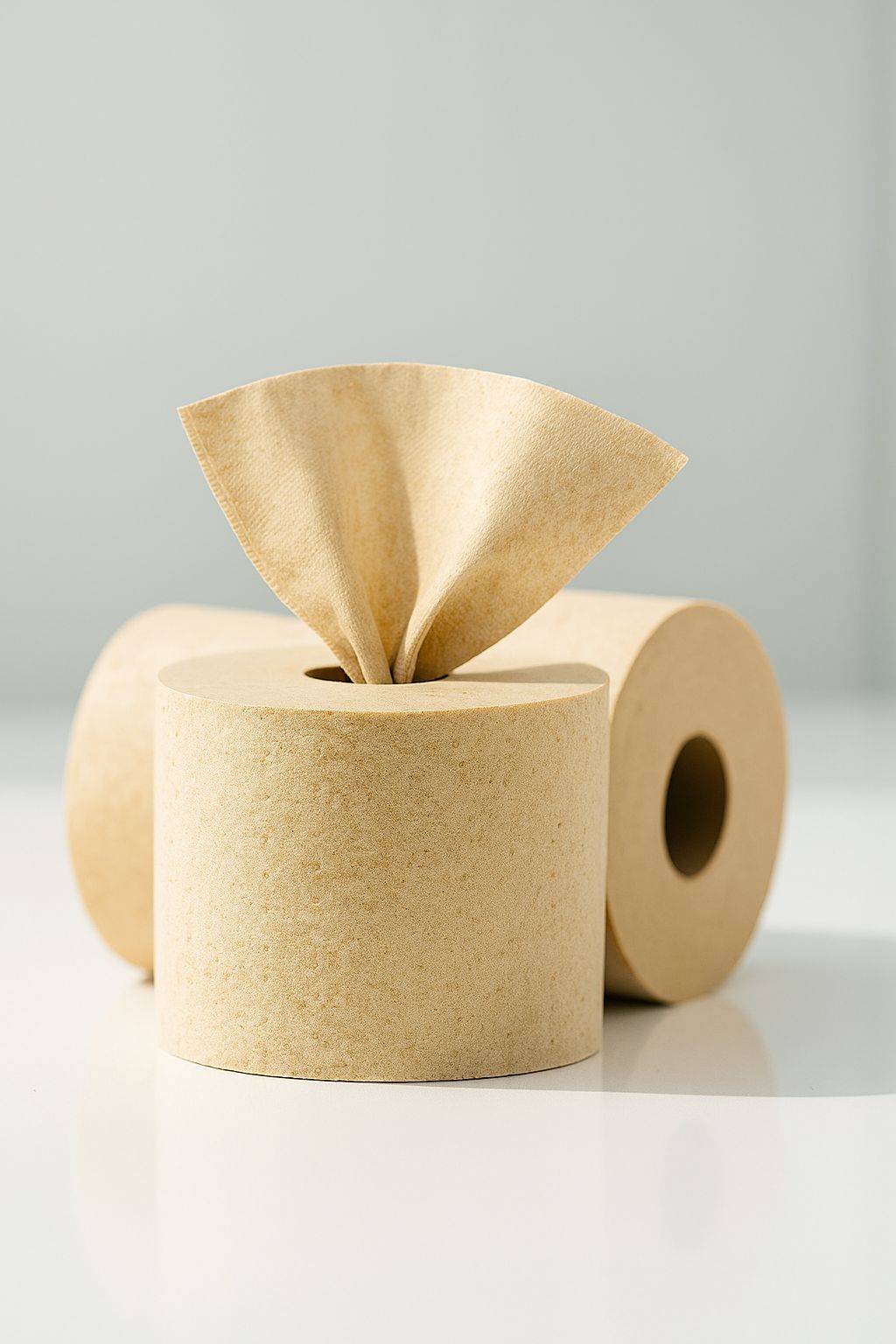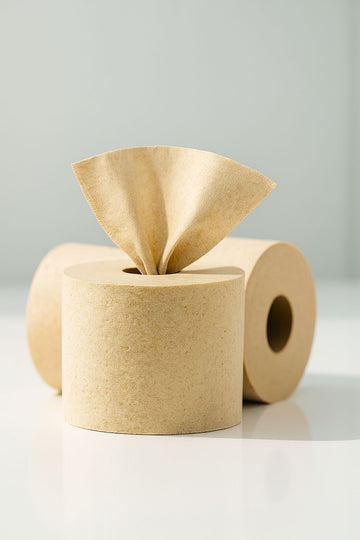What if we told you bamboo can outperform steel, purify the air, and even help charge your phone?
Sounds bizarre, right? But it’s true — bamboo can do all that while regenerating without the need for replanting and leaving behind a remarkably small carbon footprint.
As sustainability and innovation go hand in hand in today’s world, bamboo proves itself as more than just a fast-growing plant. It’s a natural powerhouse with applications that span everything from energy to construction to daily-use products.
Here are five weirdly impressive things about bamboo that most people have no idea about:
1. Bamboo Can Be Turned Into Eco-Friendly Fuel
Bamboo isn’t just for decoration or panda snacks — it’s a serious contender in the world of sustainable energy.
This remarkable plant can be processed into charcoal, gas, pellets, or fuel logs, all of which offer renewable, low-emission alternatives to fossil fuels. Beyond energy production, bamboo’s natural insulating properties help regulate indoor temperatures, meaning it can also reduce your heating and cooling bills.
In short, bamboo brings both comfort and conservation in your life.
2. Bamboo Cleans the Air Better Than Most Trees
According to NASA’s famous Clean Air Study, bamboo naturally filters harmful air pollutants such as benzene, trichloroethylene, and formaldehyde — common chemicals found in household items and urban environments.
In the study, Bamboo was placed in sealed chambers and exposed to high concentration of these chemicals. Absorbing significant amounts of the toxins within just 24 hours, Bamboo proved that it has a role as a natural purifier.
Having bamboo in your space doesn’t just look great — it can actually help you breathe easier.
3. Bamboo Is Stronger Than Steel (if used correctly)
Tensile strength refers to how much tension a material can handle before breaking. Believe it or not, when properly treated, bamboo has greater tensile strength than steel.
This strength, paired with bamboo’s natural flexibility, makes it useful in construction — particularly in earthquake-prone regions, where shock absorption is crucial.
Engineers and builders in many parts of Asia have used bamboo for centuries, and now modern architects are following suit for its eco-friendliness and resilience.
4. Bamboo Is One of the Most Versatile Materials on the Planet
Bamboo isn’t just strong — it’s incredibly adaptable.
It’s used in everything from homes, scaffolding, and bridges to furniture, kitchenware, paper, textiles, biodegradable packaging, and even skincare products.
Its rapid renewability and lightweight durability make bamboo one of the most multifunctional natural resources available today. As consumers look for sustainable alternatives, bamboo is quickly becoming the material of choice across industries.
5. Bamboo Survived the Atomic Bombing of Hiroshima
Bamboo was the first plant to re-sprout after the atomic bombing of Hiroshima in 1945.
Even after one of the most destructive events in human history, bamboo’s resilience allowed it to survive and grow again — a powerful symbol of hope and regeneration.
It has also survived catastrophic natural disasters, including hurricanes Ivan and Katrina. When nature strikes, bamboo bends — but doesn’t break.
And just when you thought it couldn’t get more unreal…
Bamboo can grow up to 35 inches in a single day, making it the fastest-growing plant on Earth. That kind of growth rate, combined with all the amazing features above, makes bamboo not just a plant — but a vision of the future.
As the world continues to explore greener, smarter solutions, bamboo proves that sustainability doesn’t have to come with compromise. In fact, it might just outshine half the materials we currently rely on.



